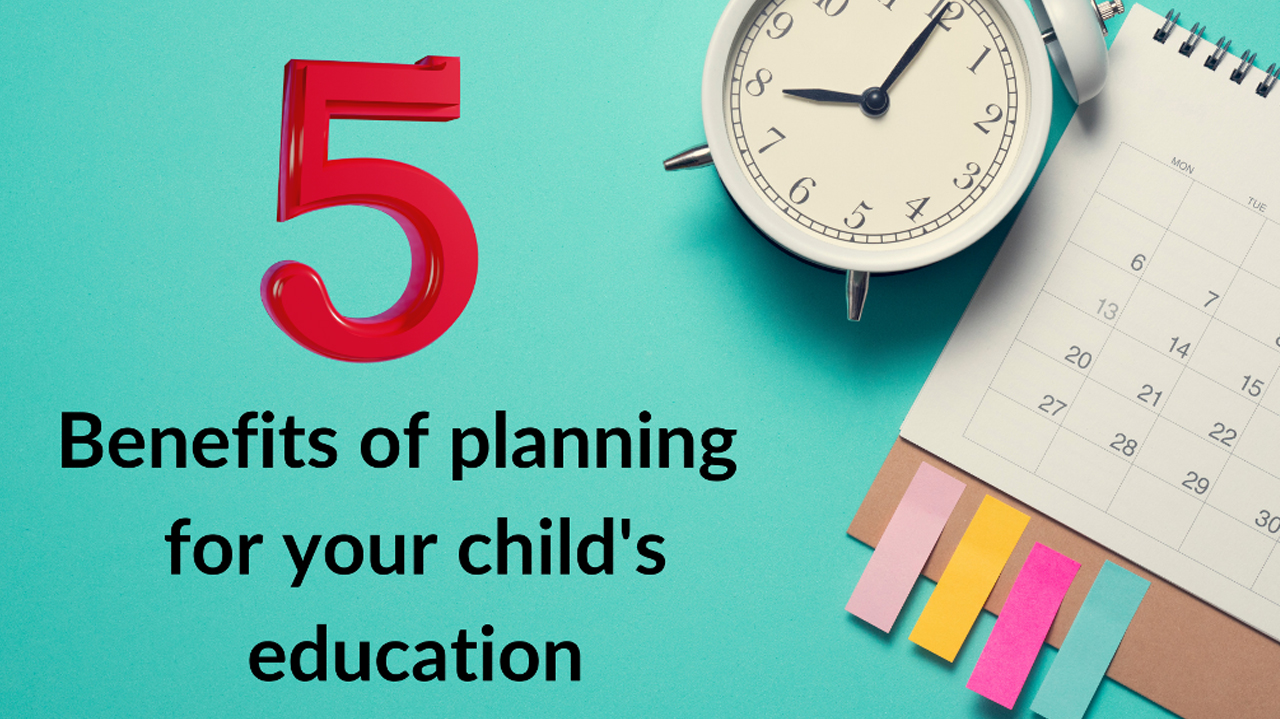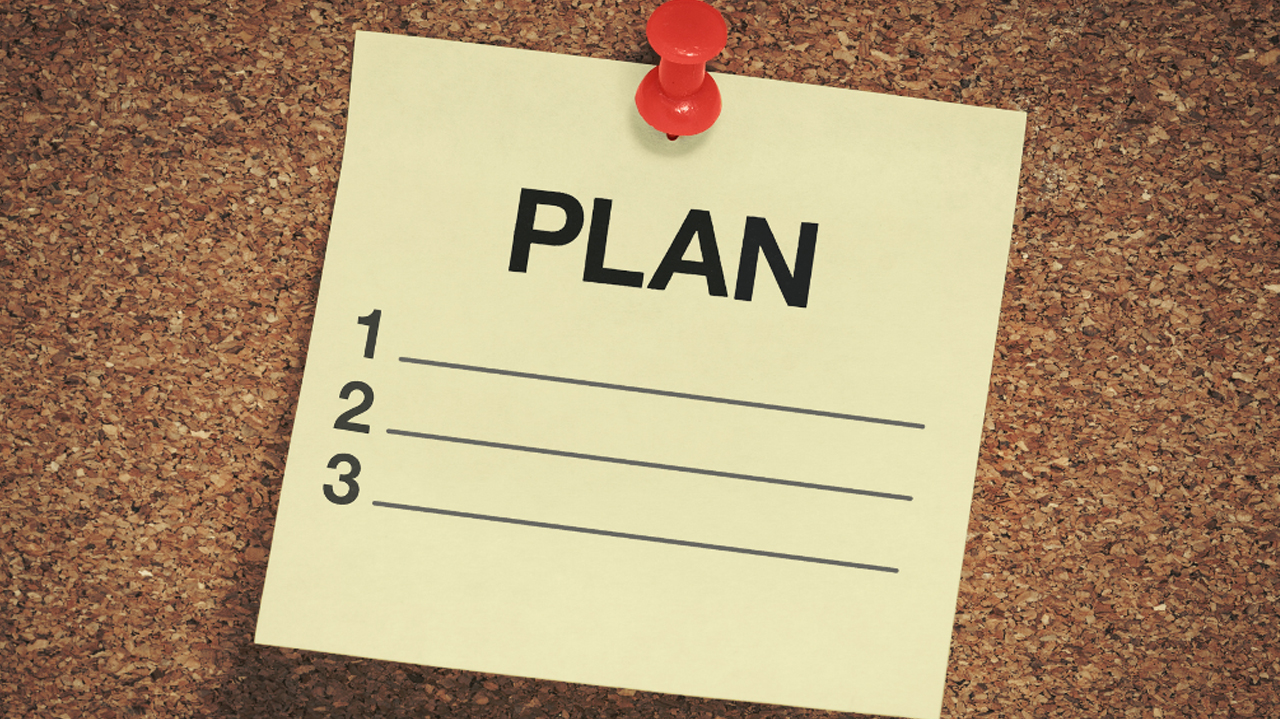Plus 3 Things You Can Do Right Now to Get Started

Is your child floating through school or do you have an education plan?
That might seem like a strange question, but you’d be surprised at how many parents don’t have an idea of what’s next for their child or how their child will move from stage to stage.
There’s no judgement here, because I used to be one of them.
When my first daughter was born, it took me a few moments to get used to being a mother. Day-care was based on convenience, preschool based on availability, and primary school was due to promptings from my in-laws. Secondary school was where she placed after SEA, and university? Well, that’s where we stalled a bit. Why? Because I didn’t have a plan.
I’ve heard of some parents charting a course from the moment pregnancy is announced, or even before that because they have an idea of what they want for their child.
Unfortunately, that’s not the majority.
The majority of parents deal with things when they come up, so things like exam preparation, for example, SEA, begin in Standard Four, and CSEC preparation begins in Form Four. What happens during years 1 to 3, you wonder? Priorities are on other things.
The truth is, many of us are so focused on putting food on the table and making sure our children are happy and healthy that we don’t take the time to think about creating an education plan.
We’re not taught about it, and it’s more than likely that our parents either didn’t have a plan for us or they forced us into a direction they wanted us to go that we didn’t fully appreciate.
But you’re reading this article to get yourself into that minority and make a change for the better. So, let’s start with a definition.
What is an education plan?
An education plan is an outline that details what you want your child to accomplish educationally and the associated costs. That means you’ll need to know things like what schools you’d like your child to attend, where these schools are, what they’ll be learning, a general idea of the cost of tuition and other required resources, and how you’re going to provide for all of it.
Finances are a big part of an educational plan, but it’s not the only part. The cost of education is influenced by things like how close schools are to home. Settling on what your child will be studying is an important part of the equation too. Sciences and medicine tend to cost more than business and the arts, and depending on the specialization may also include studying abroad.
So, there’s more to think about than how you’re going to pay for everything.

Benefits of having an education plan
- The most obvious benefit is that you will be prepared financially. This means that at each stage of your child’s education, the financial requirements will feel less like a burden. Plus, there’s less of a chance that other expenses will come in the way of your child’s education.
- Since you will have finances set aside, you will have the luxury of having options. When you’re strapped for finances options become fewer and fewer as children move from one level to another. Considerations like private school or private tutoring can be planned for ahead of time.
- You can involve your child in the discussion when they are old enough so that your plans include their gifts, talents, and desires too. This provides your child with an opportunity to explore and learn decision-making skills as they contribute to their own development. And it provides a great bonding experience between you and your child.
- Including your child in the discussion also provides them with hands-on financial planning and can be part of a larger lesson on money management. This type of influence will have a positive impact on how your child approaches money.
- Having a plan also allows you to assess what’s coming next to make informed decisions. For example, if your child is interested in design and art, then you’ll know what to research as you find out how to best position your child for success in the field. This may include entering competitions, creating a portfolio, investing in certain equipment, and other considerations that you can begin early for maximum exposure.
Once you get started on a plan, you will have peace of mind knowing that you are doing what you can so that your child will be given the best chance at a fulfilled life.
So where do you get started and when should you start?

Three things you can do right now to get started.
- Decide up to what level you will be funding your child’s education and calculate the number of years left. Are you providing up to their master’s degree? Bachelor’s degree? Certification?
- Find out the cost of education at each level from now until your determined endpoint. Be sure to include increases for inflation and a contingency for unforeseen related expenses.
- Assess your current situation to see what your status is and what resources you have available. What is your current income and what can you begin to put aside? Even before you determine a more detailed plan, begin setting aside whatever you can right away. Everything will add up.
Whatever age your child is now, it’s not too early or too late to create an education plan. Circumstances might be different if your child is in primary school or in secondary school, but waiting any longer to begin planning is only going to mean missing out on the benefits.
If you’re having a difficult time working out an educational plan, feel free to reach out. You don’t have to go about doing this alone.
